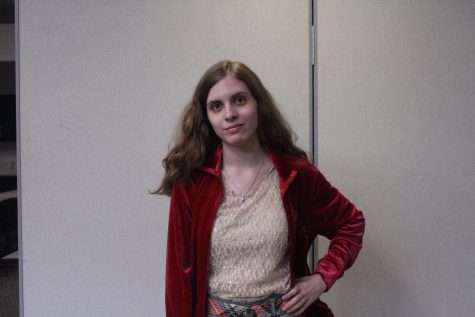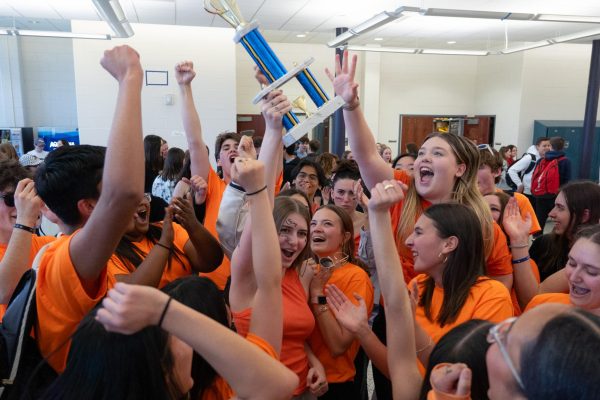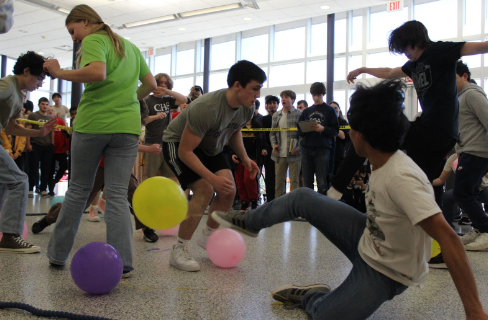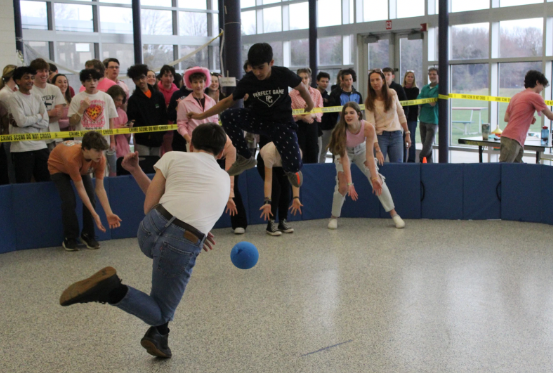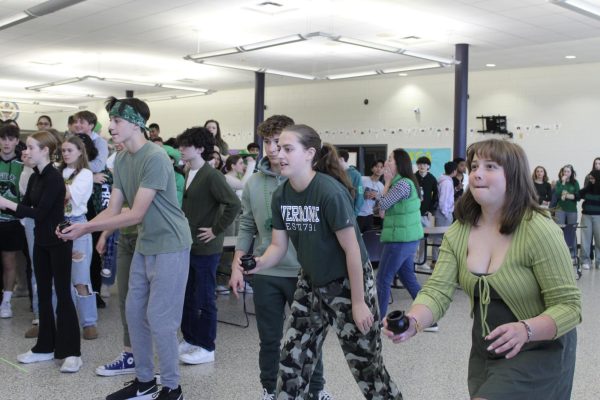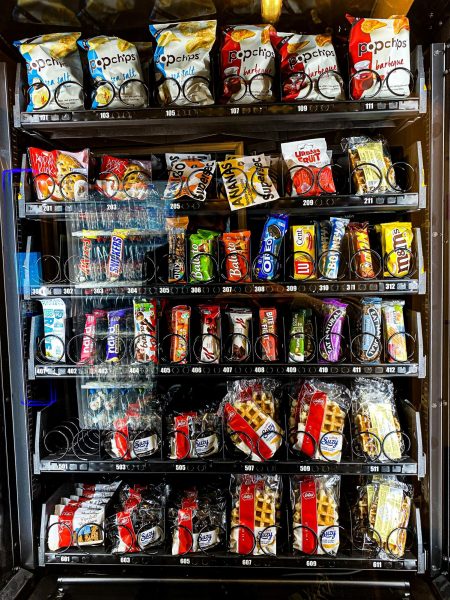Detention policy causes controversy, decrease in late students

Creative commons photo courtesy of Murphb1220
On Tuesday May 14, principal James Gleason emailed juniors and seniors to announce that a student must serve a lunch detention upon a late arrival to school. If the student continues to be late beyond the original detention, further disciplinary action will be taken. https://creativecommons.org/licenses/by/2.0/
June 20, 2019
As summer approaches and the school year comes to a close, students may be more tempted than ever to hit the snooze button and stay under the covers. But a change in the CHS tardiness policy gives them a new reason to crawl out of bed each morning: avoiding detention.
On Tuesday May 14, principal James Gleason emailed juniors and seniors to announce that a student must serve a lunch detention upon a late arrival to school. If the student continues to be late beyond the original detention, further disciplinary action will be taken.
“During the springtime…there’s the frequent flyers and it just becomes frustrating dealing with the same ones over and over again,” Gleason said. “So you have to be a little more aggressive with dealing with the students that are coming late to school.”
According to Gleason, there has been a decrease in tardiness at CHS since the policy’s enactment and “about a dozen students” have received detentions as of June 12. One of these students was senior Lauren DeFelice of Wall, who arrived five minutes late on May 20 after a cold delayed her morning routine. She said she believed she had a reasonable excuse and the new policy punished people like her for a problem that was not within their responsibility.
“Some people just have complications in the morning, and it ends up not working out. Like for me, I have chronic health issues, so it just happens that I manage to be late a lot, but it’s usually for a good reason, and I can’t really help it,” DeFelice said. “There’s some people that just show up ten minutes late with a Rook coffee, and they’re just doing it because they wanted to get coffee. And it’s unfair to penalize the wrong people for it.”
Senior Kevin Clark of Spring Lake received a detention on May 15 following a late wake-up, and while he admitted to frequently arriving after the 7:30 a.m. bell, he does not think the policy is fair to those who are only late on occasion.
“I have been going a long time being fairly, consistently late and not getting in trouble for it, so I think it’s fair for students like me,” Clark said. “But students who’ve never been late, it certainly isn’t fair.”
Since its implementation, the new policy has not affected upperclassmen alone. Sophomore Georgia Trentalange of Middletown, who cannot drive, missed her bus on May 21 and said she could not arrive to school on time because of factors out of her control, leading to her detention.
“I’ve only been late once this year, and I think it’s a little silly,” Trentalange said. “My dad would have been able to drive me and get me there on time, having missed the bus, but there were things, like traffic and my siblings, that got in the way of that.”
Prior to the new policy, students would receive warnings for their first and second lates. They would only receive a detention after their third late arrival, according to the CHS Student Handbook. Senior Nicole Molnar of Rumson, who received a detention under the new policy after waking up late, said the original protocol was already sufficient and didn’t need to be harshened.
“It’s like a minute late,” Molnar said. “If [students] were missing class, I would understand that, or if it was three lates and a detention, like it used to be.”
Gleason said an increase in tardiness created a reason for the harsher policy, but he likes the older procedure and believes CHS will begin using it again next year.



